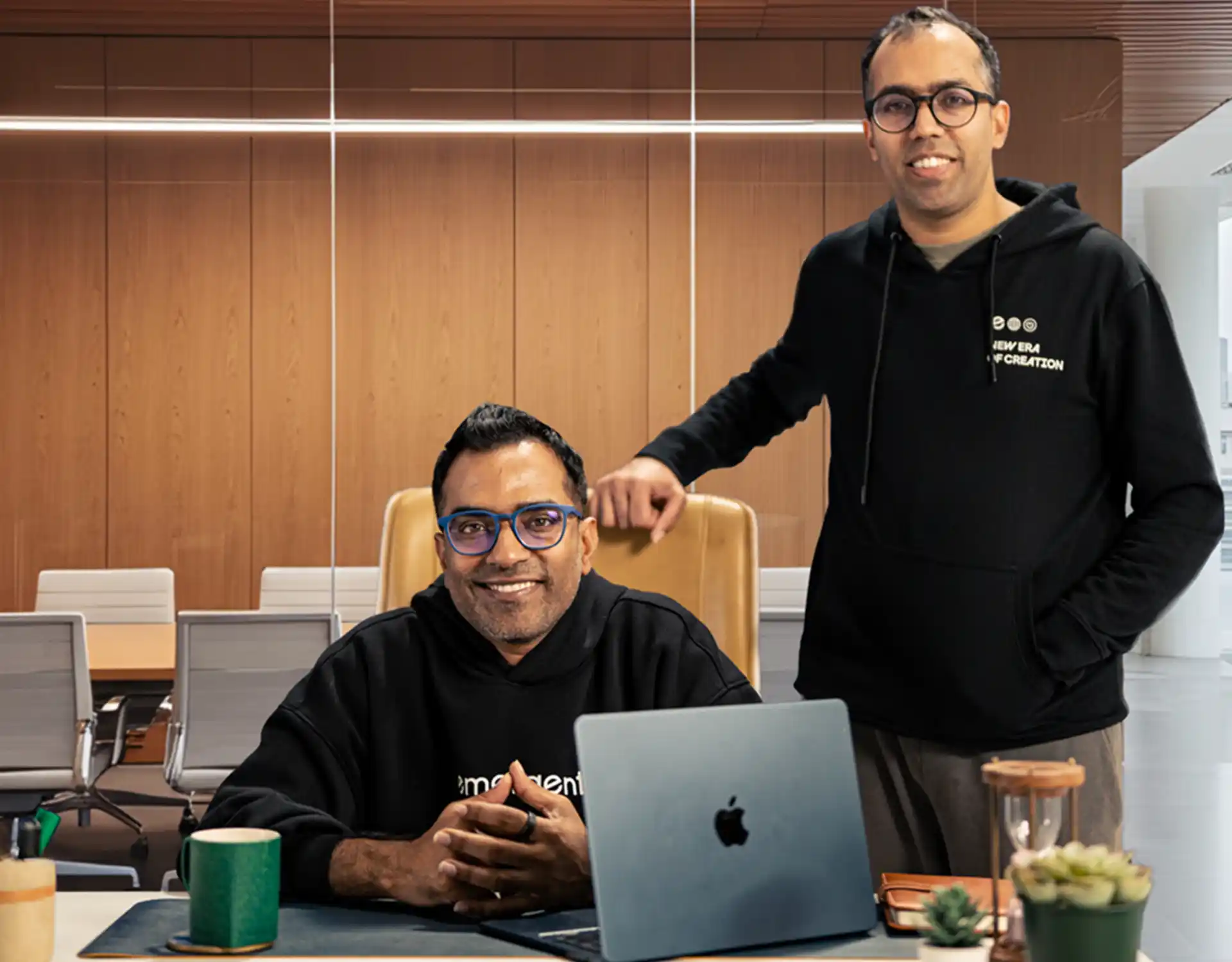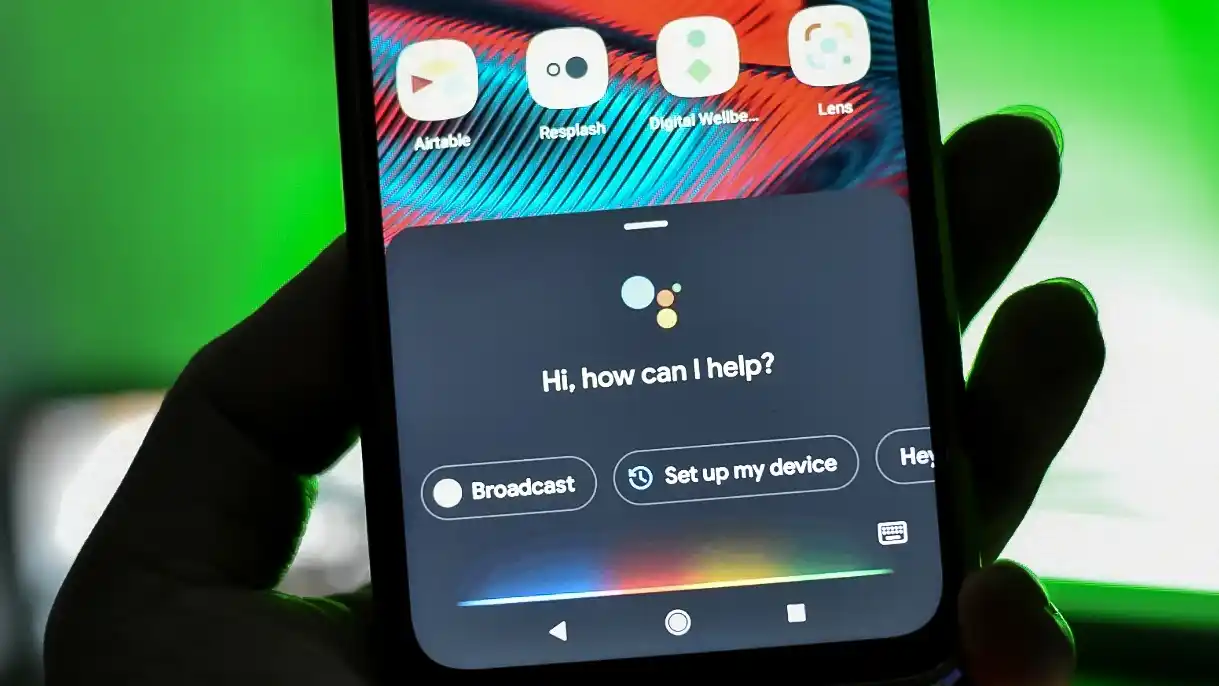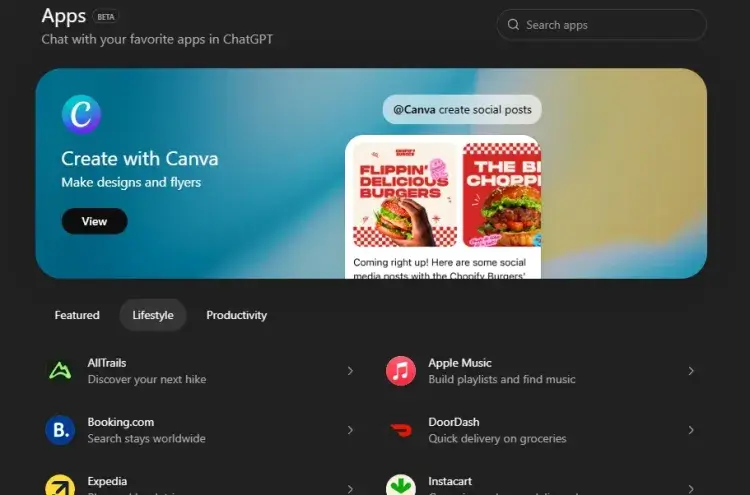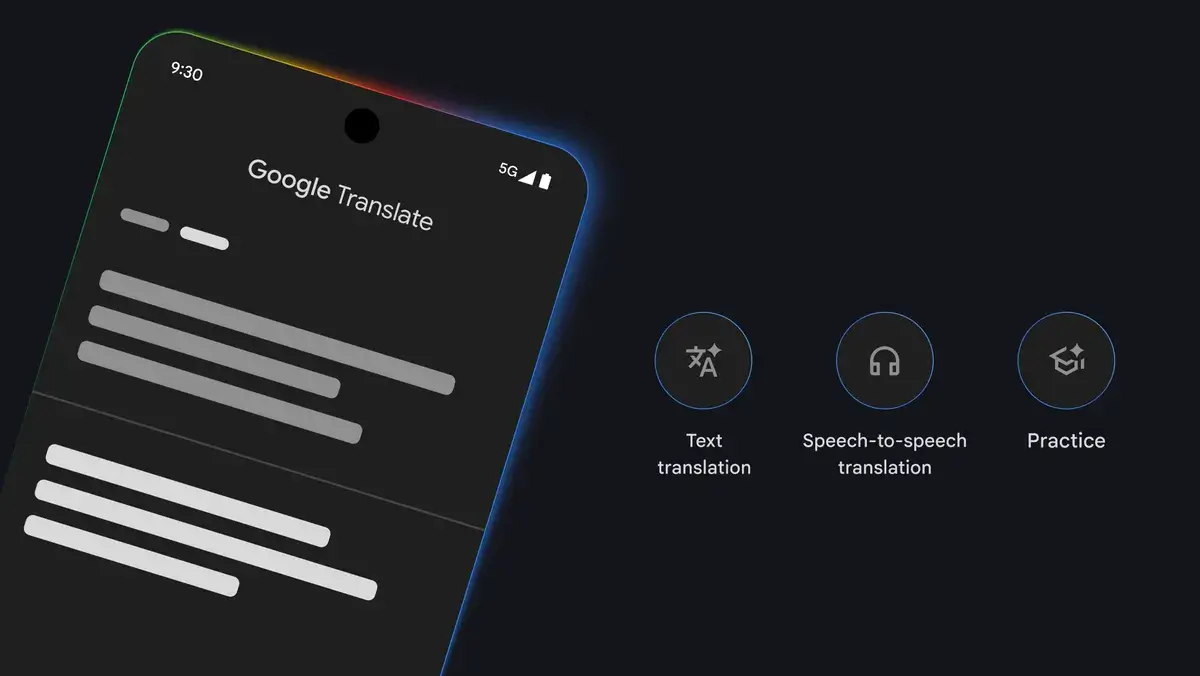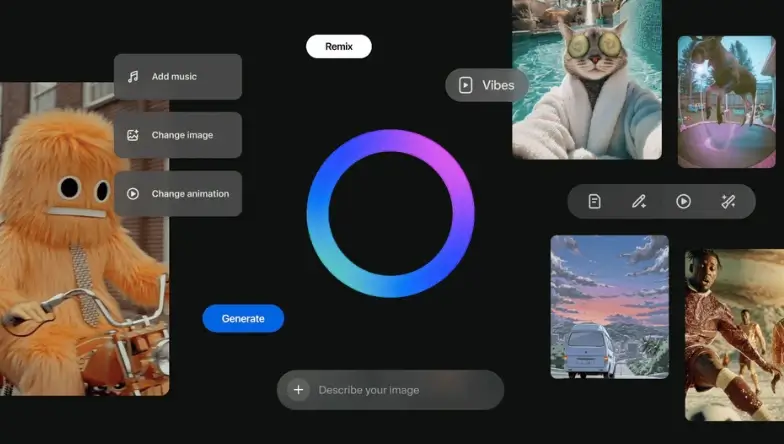Google Maps Launches Live Lane Guidance for Polestar 4
When navigation learns to think ahead of you.
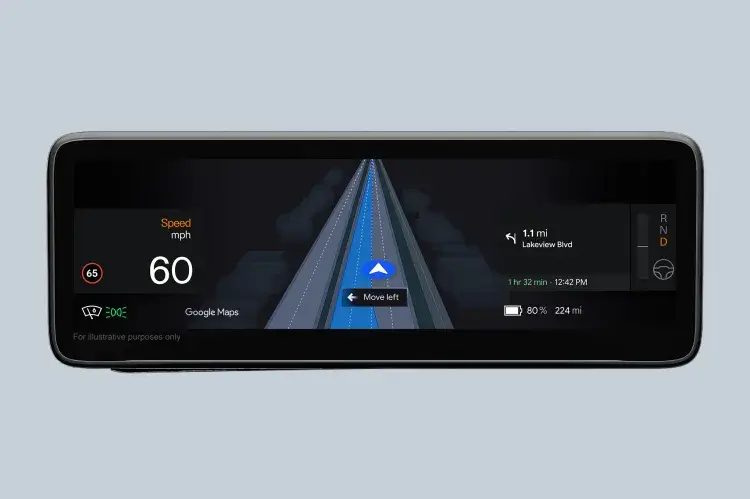
AI is no longer just powering your playlist or writing your emails — it’s literally watching the road for you.
Google just announced a new live lane guidance feature in Google Maps, debuting exclusively in the Polestar 4, an electric SUV co-engineered with Google’s Android Automotive OS. But this isn’t your typical navigation update. It’s a quiet but massive leap toward AI-assisted driving — one where your car “sees” what’s ahead and tells you exactly when to switch lanes.
Here’s how it works: the Polestar 4’s front-facing camera constantly scans the road for lane markings and signs. Google Maps’ AI then processes that visual data in real time — and gives you personalized audio and visual cues right when you need them.
Example? You’re cruising in the left lane, your exit’s coming up on the right — the dashboard lights up, guiding you when and where to merge. No guesswork. No missed exits. No passenger panic.
It’s not autopilot, but it’s getting close.
Google calls it “live lane guidance,” but it’s much more than a directional upgrade. It’s part of a broader strategy to make AI navigation predictive, not reactive. It’s navigation that understands context, like speed, surroundings, and intent.
This feature builds on years of integration between Google Maps and Polestar, with earlier features like HD maps, Google Assistant, and Google Chrome for Cars. But this one hits differently — because it feels like the first step toward a world where Google Maps becomes your digital co-driver.
Polestar says the feature “reduces driver stress and improves safety,” helping prevent those last-minute swerves that every driver knows too well. And it’s true — if your car knows the road layout better than you do, every lane change becomes a calculated move, not a gamble.
For now, live lane guidance is rolling out only to Polestar 4 drivers in the US and Sweden, but Google confirmed plans to expand it to more automakers and road types soon. The company wants to make the feature universal — an invisible assistant that anticipates mistakes before they happen.
Think about it — Maps already predicts traffic jams, suggests faster routes, and warns you about speed traps. With this, it’s learning to anticipate your driving behavior.
It’s not about replacing human drivers — it’s about removing the friction that makes driving stressful.
If this works as intended, the next few years could redefine what “navigation” means entirely. Your map won’t just show you where to go — it’ll understand how you drive.
For Polestar, this isn’t just a UX upgrade. It’s a branding move — aligning itself with Google’s AI ecosystem to compete in a market dominated by Tesla’s Autopilot and Apple’s CarPlay ambitions.
The real story?
The future of driving won’t belong to car companies. It’ll belong to whoever owns the data.
And right now, that’s Google.
Because while other companies are busy building self-driving cars, Google is quietly teaching every driver to trust its AI — one merge at a time.
Read more AI updates like this on AI Pulse by Itirupati
You may like recent updates...
Subscribe & Get Free Starter Pack
Subscribe and get 3 of our most templates and see the difference they make in your productivity.
Free Starter-Pack
Includes: Task Manager, Goal Tracker & AI Prompt Starter Pack
We respect your privacy. No spam, unsubscribe anytime.

